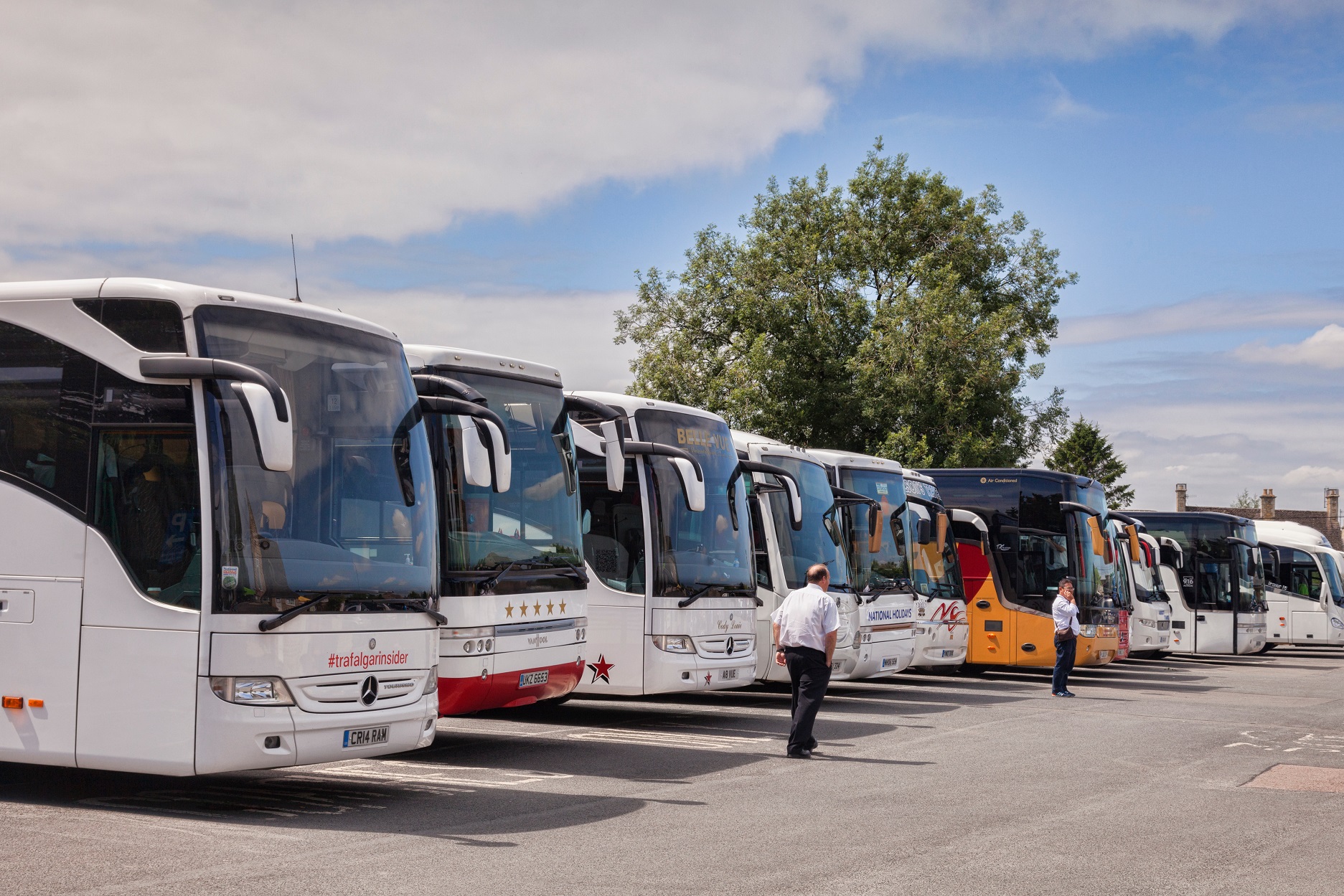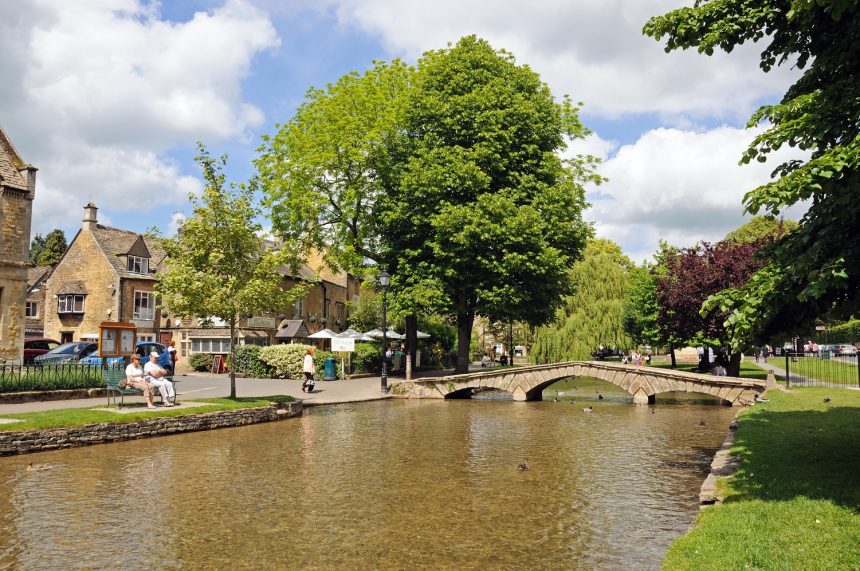The ongoing debacle of coach access to Bourton-on-the-Water has reached a new low with the approval of a motion by the Parish Council to ban from the centre of the village those vehicles when on tourism-related work.
Implementing the necessary Traffic Regulation Order (TRO) will fall to Gloucestershire County Council (GCC). Doing so is a statutory process and requires various levels of consultation. The coach industry will have its say, but the horse has long bolted after parking in Bourton was lost at the end of 2023 despite many efforts to reach a solution.
The House of Commons Library advises via a research paper that the making of a TRO can be “long and costly,” although Bourton Parish Council wants things to move quickly. It is a pitiful situation, and one that has drawn the ire of multiple stakeholders.
One of those – Kathryn Pulham of village business and major employer Pulhams Coaches – describes the move as misguided, based on no long-term strategy, and something that will have ramifications for businesses in Bourton for years to come.
Representatives of those traders have previously made clear their view on coaches: Not only are they welcome, but they should be encouraged. The loss of coach passengers is no positive to those organisations.
Meanwhile, Cotswold District Council has taken a more placatory outlook, but its position has largely been guided by excuses not to do anything, rather than the imperative of finding a solution. GCC has been reluctant to get involved, although it may now have no choice.

When hostility towards coaches from Bourton Parish Council is coupled with nowhere to park and other difficulties, coach tourism there will go the way of the dodo, if it has not already. The sorry saga again illustrates that the need for an overarching national strategy for coaches is urgent.
Should that work major on the mode’s environmental credentials? Possibly. But those are already well known, and occasionally further highlighted by data and graphs on the emissions per passenger kilometre of various modes.
That work has had scant influence on nationwide coach strategy so far, although some good has come of it – ironically, including by the Western Gateway sub-national transport body, which has Bourton-on-the-Water within its geographic scope. But competition for environmental bandwidth is high.
Meanwhile, politicians – except those in Bourton – are often keen to listen to smaller business. Tourism has tens of thousands of those.
As part of its work to gain greater understanding from governments, the coach industry must ensure that its wagon is hitched firmly to the tourism horse if an end is ever to be put to parking fiascos like that currently underway in the Cotswolds.



























